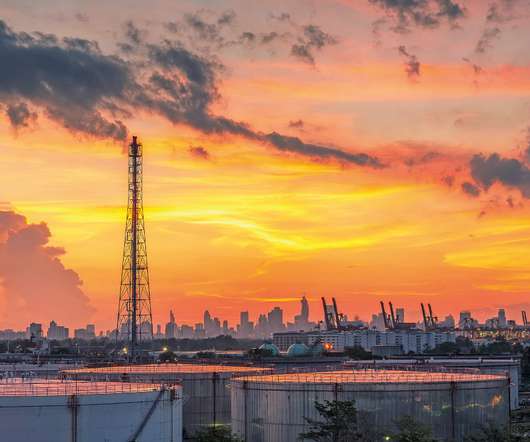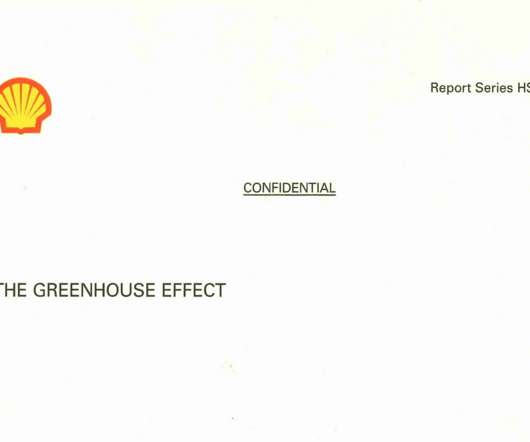Prevention: A profitable mindset when it comes to gas leaks
Envirotec Magazine
MARCH 17, 2021
Gas leaks are a risk in many industries, and when they occur, they can be incredibly hazardous and costly. CFCs have a high chlorine content and have been linked strongly to ozone depletion and global warming. And a leak might push systems to work harder, using more energy to maintain the same level of output. ?
















Let's personalize your content